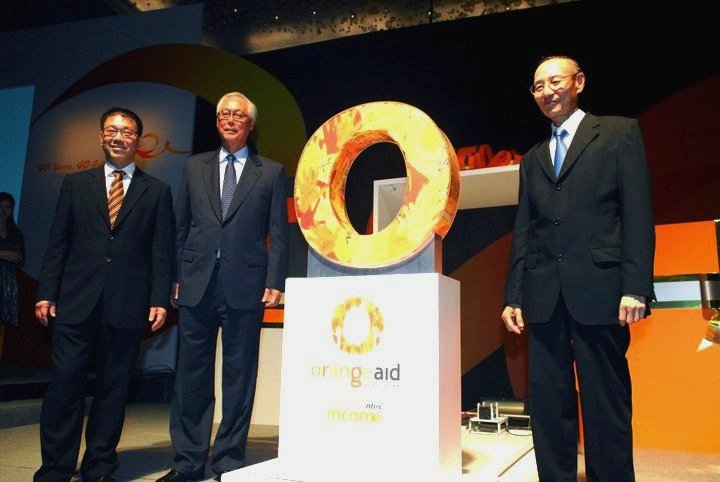House Speaker Romualdez Advocates for Democracy on Independence Day

MANILA, Philippines — On June 12, 2025, House Speaker Ferdinand Martin Romualdez affirmed the commitment of the Philippine House of Representatives to uphold democracy as the nation commemorates the 127th anniversary of its independence from Spanish rule. In a public statement, Romualdez highlighted the significance of meaningful legislation in safeguarding citizens' rights and advancing democratic ideals.
Romualdez emphasized that the House's efforts to promote transparency and accountability are in line with honoring the sacrifices made by the nation's forebears. "The House of Representatives joins the entire nation in reaffirming our collective duty to preserve the ideals of our forebears. Through laws that uphold democracy, defend the rights of every citizen, and enable inclusive development, we continue the work they began more than a century ago," he stated during the commemoration.
The House Speaker pointed out various legislative accomplishments under the 19th Congress, notably the enactment of laws such as the Philippine Maritime Zones Act and the Philippine Archipelagic Sea Lanes Act, which underscore national sovereignty and patrimony. According to Republic Act No. 12064, the Philippine Maritime Zones Act delineates the country’s maritime boundaries in accordance with international law, establishing its territorial sea and exclusive economic zone.
In his closing remarks at the conclusion of the 19th Congress session, Romualdez reiterated the importance of remaining vigilant in preserving freedom and democracy for future generations. He stated, "Independence Day is not only a remembrance of our past; it is a call to strengthen our present and secure our future. It reminds us that freedom must be protected, nurtured, and used to uplift the lives of every Filipino. Let this day inspire us to stand united, to act with purpose, and to serve with integrity."
Historically, Philippine Independence Day marks the proclamation of freedom from over 300 years of Spanish colonial rule, which was declared by revolutionary leader General Emilio Aguinaldo on June 12, 1898. The flag was raised for the first time at the Aguinaldo residence in Kawit, Cavite, symbolizing the nation's newfound sovereignty.
As the Philippines reflects on its independence, it faces contemporary challenges that call for a renewed commitment to democratic principles. The ongoing discourse surrounding governance and public accountability remains critical, with various sectors advocating for reforms aimed at enhancing civic participation and government transparency. Analysts suggest that the actions taken by the House of Representatives in the coming months will be pivotal in shaping the democratic landscape of the Philippines in the years ahead.
In conclusion, Romualdez's statements coincide with a broader movement within the Philippine political sphere, as citizens and lawmakers alike work towards ensuring that the ideals of democracy are not only preserved but actively promoted. As the nation moves forward, the commitment to uphold these values will undoubtedly play a crucial role in defining the Philippine identity in the global context.
Advertisement
Tags
Advertisement





